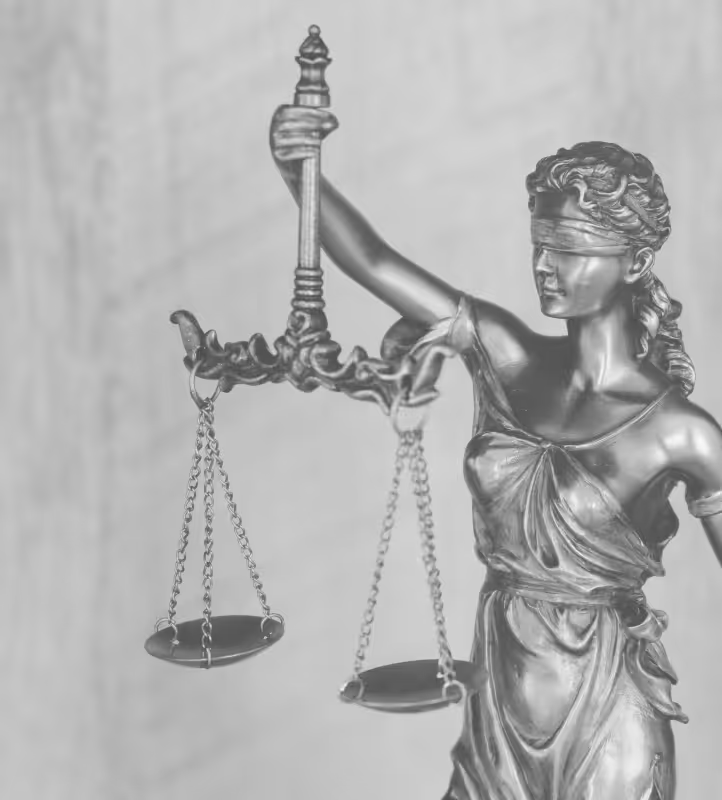Drink Driving Offences

Defending Drink Driving Charges in NSW
Being charged with a drink driving offence in NSW can have serious consequences for your future. Whether you are facing a low range, mid range, or high range PCA charge, the penalties can include fines, licence disqualification, mandatory interlock programs, or even imprisonment.
Detailed description:
- The severity of the penalty depends on your blood alcohol concentration (BAC) level and prior driving history.
- Police can issue on-the-spot licence suspensions for mid and high range offences, and most cases must be dealt with in the Local Court.
- A drink driving conviction may lead to a criminal record, affecting employment, travel, and your personal life.
At Brightstone Defence, our experienced criminal lawyers have successfully defended clients across all categories of drink driving, from novice and special range through to high range offences. We provide clear advice, strategic defence, and strong representation to help you minimise penalties and protect your future.
What is a Drink Driving Offence?
Drink driving is one of the most commonly prosecuted traffic offence in New South Wales and is taken very seriously by the courts due to the high risk it poses to public safety. Under the Road Transport Act 2013 (NSW), it is an offence to drive a vehicle with a blood alcohol concentration (BAC) over the legal limit or while under the influence of alcohol.
Police in NSW conduct regular roadside breath tests to detect and deter drink driving, and penalties can be severe, ranging from licence disqualification and fines to imprisonment, depending on the severity of the offence and the driver’s history.
Legal Blood Alcohol Limits
In NSW, legal BAC limits vary based on the driver’s licence type and vehicle class:
- Zero BAC: Learner and provisional (P1 and P2) drivers, professional drivers (bus, taxi, heavy vehicle)
- Under 0.02: Drivers of vehicles over 13.9 tonnes
- Under 0.05: Fully licensed drivers of standard vehicles
Drink Driving Offence Categories
There are several categories of drink driving, based on the driver’s BAC reading:
Elements the Prosecution Must Prove
To establish a drink driving offence, the prosecution must prove beyond reasonable doubt that:
- You were driving or attempting to drive a motor vehicle
- At the time, you were under the influence of alcohol
- Your BAC exceeded the legal limit for your licence type or driver category
Possible Defences
Available defences may include:
- BAC reading was inaccurate due to faulty equipment or testing procedure
- You were not the driver or did not attempt to drive
- Honest and reasonable mistake (for example, not knowing your drink was alcoholic)
- The vehicle was not on a road or road-related area as defined under the Act
Potential Penalties
Penalties vary depending on the offence category, whether it is a first or subsequent offence, and whether any aggravating factors (e.g., crash or injury) are involved.
They may include:
- Fines
- Licence disqualification or suspension (on-the-spot or court-imposed)
- Criminal conviction
- Mandatory alcohol interlock orders
- Imprisonment for serious or repeat offences
A first-time low-range offence may be dealt with by way of an infringement notice and immediate licence suspension, while higher-range or repeat offences are prosecuted in court.
Licence Suspension and Disqualification
In most cases, NSW Police can issue an on-the-spot licence suspension for mid-range and high-range offences. The court may also impose a longer disqualification period if convicted.
Drivers may be required to participate in the Mandatory Alcohol Interlock Program, which involves installing a breath-testing device in their vehicle as a condition of regaining their licence.

Legal Process
& Options
For low-range offences, police may issue a fine and suspend your licence immediately without a court appearance. Mid- and high-range offences generally require you to appear in court. The process typically begins in the Local Court.
Drink driving is a serious matter in NSW. Courts aim to balance the rehabilitation of the offender with the need to deter dangerous behaviour and protect the public. Anyone facing a drink driving charge should seek legal advice as early as possible.
Pleading
Not Guilty
If you plead not guilty, Brightstone Defence will build a strong defence strategy tailored to your case. This may involve:
- Challenging the accuracy or timing of BAC results
- Arguing a procedural or legal error
- Presenting medical or factual evidence to dispute the charge
We will examine the evidence, challenge the prosecution’s case, and fight for the best possible result on your behalf.
Pleading
Guilty
If you choose to plead guilty, your matter will proceed directly to sentencing. Entering an early guilty plea may:
- Reduce legal costs and penalties
- Show remorse, which may lead to a more lenient outcome
Before pleading guilty, speak with one of our experienced criminal lawyers to fully understand your legal options and the potential consequences.
You can still be charged if the drugs were in your custody or control, even if they did not belong to you. The courts will consider whether you knew the drugs were there and whether or not you had some level of control or access to them.
- It depends on your licence class:
It requires the offender to install an alcohol interlock device in their car (a breath tester that disables the car if alcohol is detected). Interlock periods range from 12 to 48 months, depending on the offence.
- No. Refusing a breath test (especially a breath analysis at the police station) is a serious offence, often punished more harshly than high range drink driving.
- Yes, most drink driving offences create a criminal conviction unless the court grants a Section 10 dismissal or conditional release order (CRO).
Sometimes. You may be able to:
- Apply for a Section 10 (no conviction recorded)
- Seek a CRO with no disqualification
- Argue exceptional circumstances, especially for first-time low-range offences
The court may consider your circumstances, but:
- Drink driving is taken very seriously
- Employment hardship alone is not usually enough to avoid disqualification
- Legal advice is essential if you're seeking leniency
Penalties increase significantly for repeat offenders, including:
- Longer disqualifications
- Heavier fines
- Mandatory prison sentences for second high-range offences
- Longer interlock periods
- No. NSW does not offer work licences. If your licence is disqualified, you cannot drive for any purpose, including work.
- Contact Brightstone Defence Criminal Lawyers today for clear advice and strong representation to protect your future.
- A Criminal lawyer can help you by:
- Explaining your rights and the legal process.
- Assessing whether you have valid defence.
- Negotiating with prosecutors to reduce charges or penalties.
- Preparing your case for court and advocating on your behalf.
- Helping minimise the impact on your future, such as avoiding a criminal record or lengthy disqualification.
- Early legal advice can significantly improve your chances of a favourable outcome.
- It depends on your licence class:
It requires the offender to install an alcohol interlock device in their car (a breath tester that disables the car if alcohol is detected). Interlock periods range from 12 to 48 months, depending on the offence.
- No. Refusing a breath test (especially a breath analysis at the police station) is a serious offence, often punished more harshly than high range drink driving.
- Yes, most drink driving offences create a criminal conviction unless the court grants a Section 10 dismissal or conditional release order (CRO).
Sometimes. You may be able to:
- Apply for a Section 10 (no conviction recorded)
- Seek a CRO with no disqualification
- Argue exceptional circumstances, especially for first-time low-range offences
The court may consider your circumstances, but:
- Drink driving is taken very seriously
- Employment hardship alone is not usually enough to avoid disqualification
- Legal advice is essential if you're seeking leniency
Penalties increase significantly for repeat offenders, including:
- Longer disqualifications
- Heavier fines
- Mandatory prison sentences for second high-range offences
- Longer interlock periods
- No. NSW does not offer work licences. If your licence is disqualified, you cannot drive for any purpose, including work.
- Contact Brightstone Defence Criminal Lawyers today for clear advice and strong representation to protect your future.
- A Criminal lawyer can help you by:
- Explaining your rights and the legal process.
- Assessing whether you have valid defence.
- Negotiating with prosecutors to reduce charges or penalties.
- Preparing your case for court and advocating on your behalf.
- Helping minimise the impact on your future, such as avoiding a criminal record or lengthy disqualification.
- Early legal advice can significantly improve your chances of a favourable outcome.
SUCCESS CASES & ARTICLES
Brightstone Defence delivers focused criminal defence services year-round and has built a strong track record of successful outcomes.
Meet our lawyers
WORLD CLASS
REPRESENTATION
100+ 5 Star Reviews
Personalised legal strategies tailored to each case
Recognised leaders in criminal defence law
Free initial consultation and case evaluation
Proven success in high-stakes and complex cases
Get AN instant estimated Quote
and a free consultation session
Facing criminal charges? Our experienced criminal defence lawyers are here to help. Book your free consultation now to discuss your case and understand your options.










